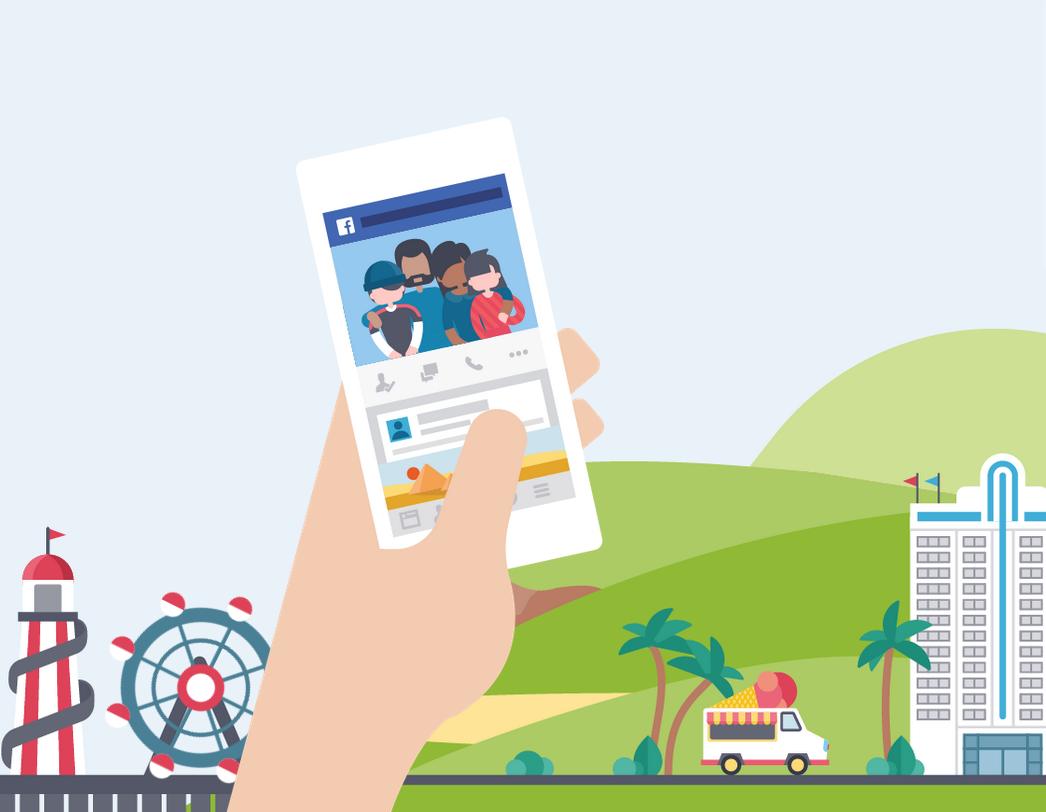Facebook's Parents Portal Helps Olds Keep Their Kids Safe Online
Facebook announced a new Parents Portal where people can learn about the social network and get advice on how to keep their children safe online.
This was no small undertaking. Parents Portal is available in 55 different languages, includes step-by-step instructions for using the social network, and includes links to organizations from around the world that specialize in helping kids navigate their digital lives. Facebook also created videos explaining how to report abuse, who to add as a friend, and how to abide by its community standards, among other things, to give parents even more guidance.
Keeping you and your information safe is at the core of everything we do. Whether you have a personal account or your teen does, we’ve compiled some basic information and tips to help you get the most out of your experience and help your child navigate theirs. We’re also pleased to connect you with online safety organizations around the world that offer additional resources specifically for parents.
Facebook's original users are getting old. When it launched in 2004, the site was originally aimed at college students. Then it expanded to anyone over the age of 13. More than a decade has passed since then, so there's a good chance that many of the service's users have started their families. The average woman in the United States has her first child at about 26 years old, so even the first 13-year-olds to join the service have or are close to having kids of their own.
That causes a few problems for Facebook. The first is that a product used mostly by older people has an expiration date, which means Facebook has to compete with other services to make sure young people don't cause its ultimate decline. The second is that many of these new parents grew up online, or at least spent their formative years on social media, which means they know all about the harassment, abuse, or just plain drama that can happen there.
Facebook has tried to solve that first problem by copying features (live streaming, ephemeral messages, etc.) from younger networks like Periscope and Snapchat. It's been mostly successful: Pew reported in 2015 that Facebook is still the most popular social network among teens. So far, the jolly blue giant doesn't seem to be going the way of MySpace, which briefly captured the cultural zeitgeist before turning into a clickbait entertainment news site.
That doesn't help the second problem. Parents grew up on Facebook, but now they've had to keep pace with the service's many changes. Many have probably failed. Along the way, they've also heard about kids being bullied online, Facebook collecting personal information about its users, and so on. Facebook is simultaneously too well-established for young people to find it novel and too new for older people to feel comfortable about their kids using it.
Get Tom's Hardware's best news and in-depth reviews, straight to your inbox.
Parents Portal could help mitigate those issues. Everything is broken down into easily understood chunks of information, and the videos are simple animations that quickly get their points across. That might not be enough to persuade some parents to let their kids use Facebook--there will always be people who eschew products for one reason or another--but it could help parents be more open with their kids about how they should behave online.
Welcome to the gap between generations, Facebook. Here's to hoping Parents Portal can help older people grok the social network better than they've picked up other befuddling techno-gizmos, or whatever they're supposed to be called, and make sure their always-online kids can stay safe.

Nathaniel Mott is a freelance news and features writer for Tom's Hardware US, covering breaking news, security, and the silliest aspects of the tech industry.
